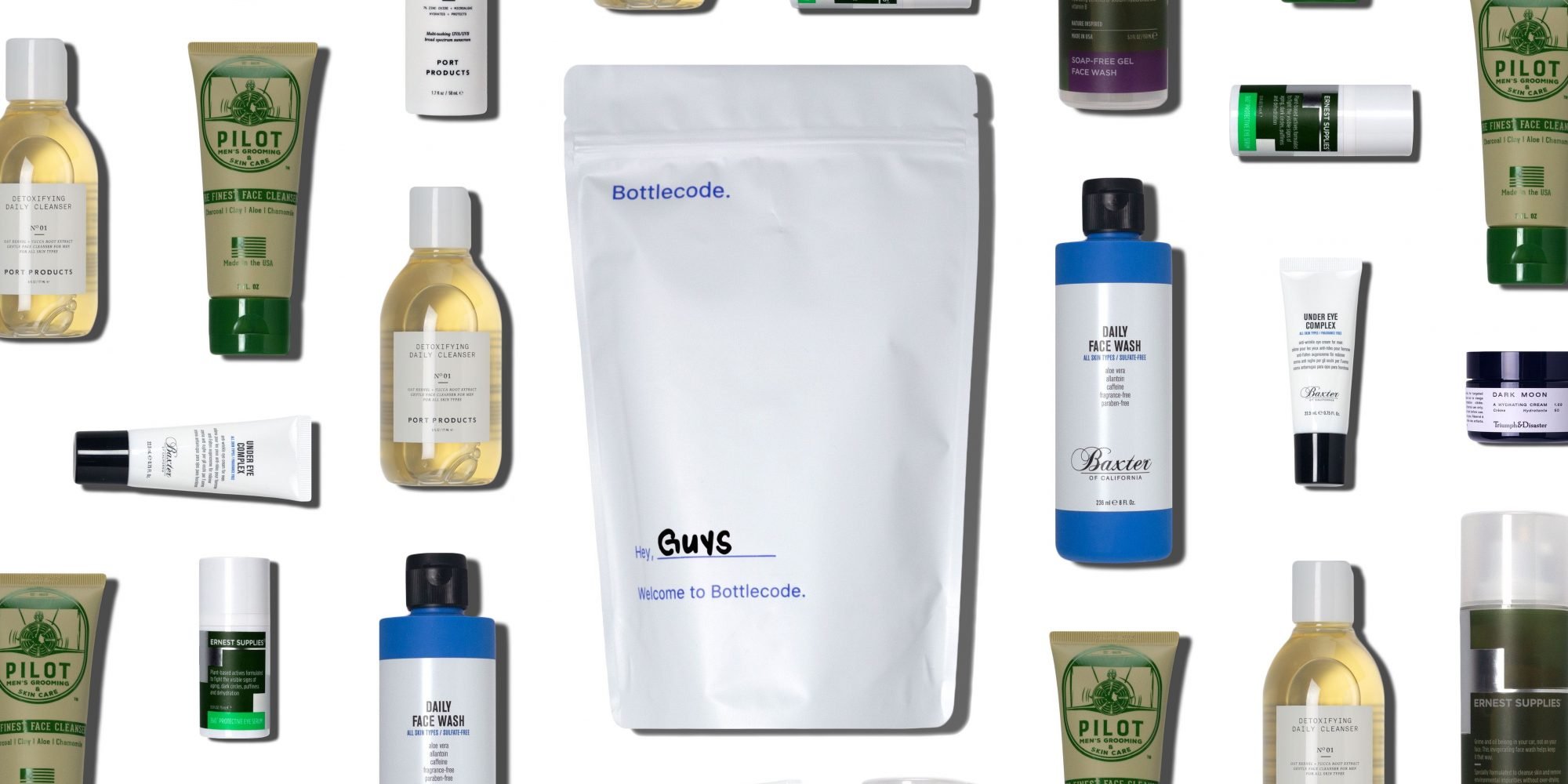
New E-Commerce Site Bottlecode Is On A Quest To Get Every Guy On A Regular Skincare Regimen
Bottlecode is decoding skincare for men finding the category mysterious.
Developed by Trunk Club alumni Rob McIntosh, Jeff Meyers and Drishay Menon, the new e-commerce concept doesn’t require guys to search through thousands and thousands of products to identify a few right for them. Instead, it leads them to a personalized regime of three products they can easily incorporate into their daily routines after they answer a dozen quick questions about their lifestyle, surroundings, skin type and skincare objective.
“Skincare is a difficult subject for a lot of people to tackle, but it’s especially difficult for men who don’t usually talk about this stuff. We are there to guide them through it and make it simpler,” says Bottlecode’s head of brand McIntosh. “We want to be that go-to resource for men who need a little bit of guidance to understand what products to use and how to use them.”
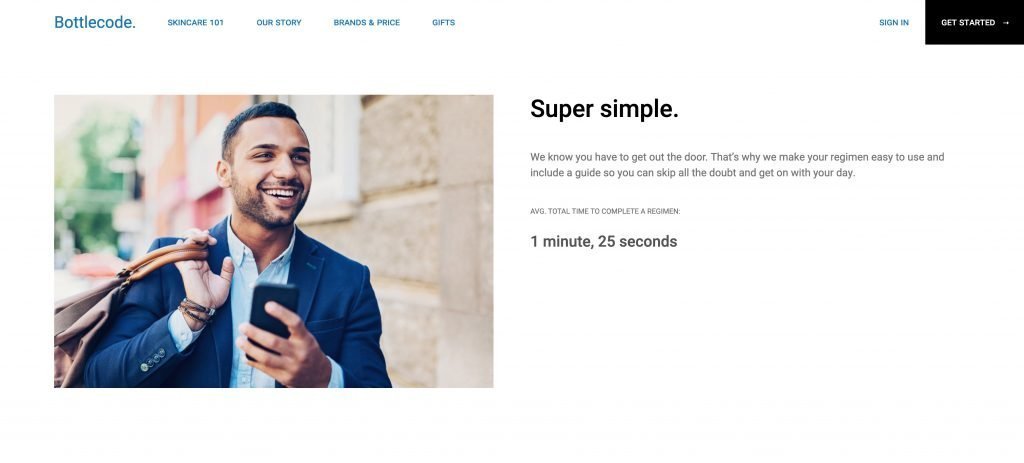
Bottlecode arrives on the digital scene as interest in men’s skincare is rising. Men’s prestige skincare sales jumped 9% last year to almost $123 million, according to The NPD Group. Until Bottlecode, however, McIntosh, Meyers and Menon thought e-tailers hadn’t sufficiently addressed the increased demand. Men could turn to Amazon (how overwhelming!), magazines (can they be trusted?), beauty giants such as Sephora (not tailored to them) or a limited number of men’s destinations (Bespoke Post and The Motley, for example) that can be intimating to novices.
“We looked at the landscape and realized there was a lot of talk about skincare, but, if you go online, you have to sift through a ton,” says McIntosh. “If you are a guy searching for skincare advice, more than likely you are going to land on a resource directed toward women. I think a lot of guys would prefer an experience speaking directly to them, and there’s not a lot of that out there.”
“We want to be that go-to resource for men who need a little bit of guidance to understand what products to use and how to use them.”
Bottlecode’s straightforward blue, gray and white website design is masculine, but no overly so, and it broadcasts an unfussy approach to skincare. The site aims to acclimate men to a regular regimen consisting of a cleanser, moisturizer with SPF and night cream. Following Bottlecode’s initial questionnaire, it suggests product options and explains why it’s making the suggestions based on customers’ inputs, and informs them about key ingredients in the products and the histories of the brands behind them. Bottlecode suggests a fourth item for customers elevating their skincare practices or dealing with specific skincare problems, but its principal mission isn’t to complicate the process.
“A three-step regimen is a sweet spot to give guys what they need, but not overwhelm them too much,” says McIntosh. He details Bottlecode appeals to thirtysomething and fortysomething consumers that aren’t skincare experts, but acknowledge they could benefit from proper skincare. McIntosh says, “He’s not the skincare aficionado, but he wants to do the right thing, and he needs a push to get there.”
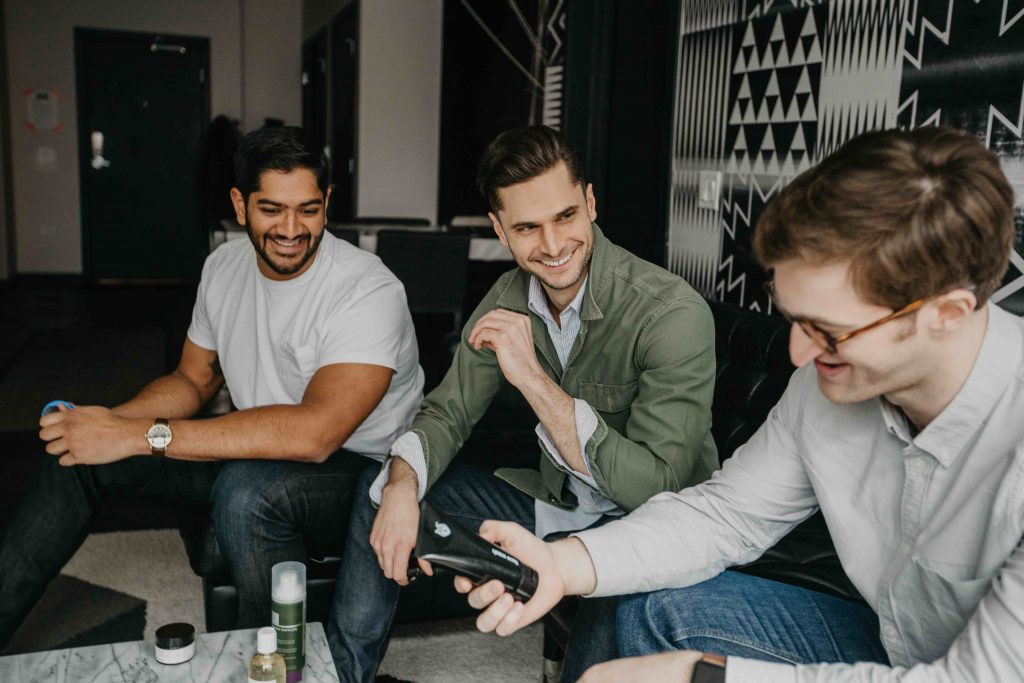
Bottlecode carries about 12 brands, including Baxter of California, Triumph & Disaster, Ren, Pilot Men’s Grooming & Skin Care and Peter Thomas Roth. On average, a three- to four-product regimen it recommends rings in at $118. The regimen is intended to last three to four months. When customers are scheduled to be finished with their product supplies, Bottlecode sends them an email encouraging replenishment. It’s not a subscription service where customers sign up for automatic replenishment.
The site’s algorithm matching customers to skincare has a strong focus on ingredients, so McIntosh says the e-tailer looks for products with compelling ingredient stories. It’s also busy collecting data on customers’ favorite brands and attempting to populate its inventory with them. McIntosh points out a brand doesn’t have to concentrate on men to be a Bottlecode entrant. He says, “Men can use unisex products and products targeted toward women. We want to educate men that your skincare doesn’t necessarily have to be only for men.”
“A three-step regimen is a sweet spot to give guys what they need, but not overwhelm them too much.”
Asked about whether Bottlecode would create its own brand, McIntosh responds, “It’s an avenue we considered. At the end of the day, though, we believe that one brand can’t solve all skincare issues. There are a lot of brands that we love, so we felt it was the better route for the customer to be honest and work with different brands that can address all the different concerns.”
At the outset, customer acquisition is Bottlecode’s chief business goal. McIntosh outlines its customer acquisition strategy is a mix of microinfluencer outreach, press relations, in-person events and content. The site raised a family and friends round to pay for its launch and the brand-building efforts. McIntosh declined to disclose the amount it raised.
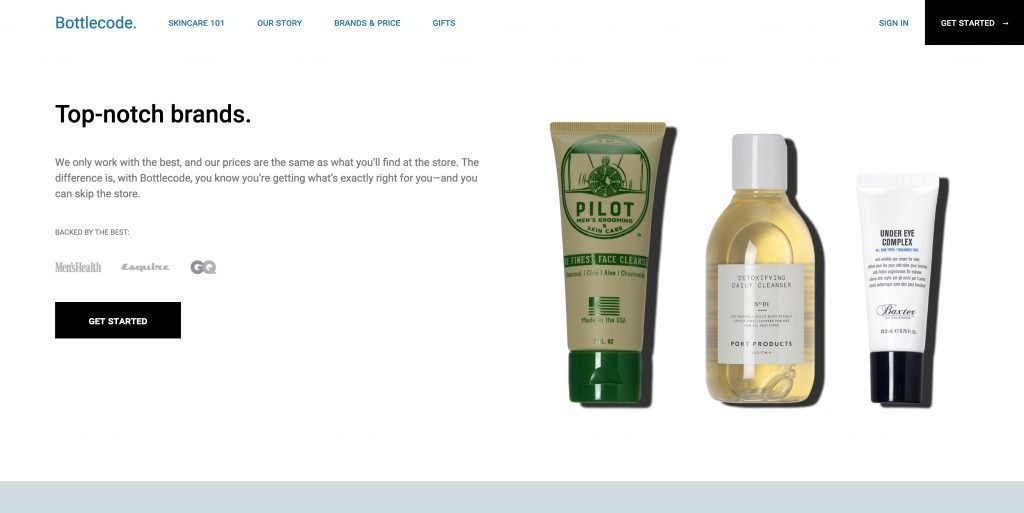
As its customer base grows, Bottlecode is expected to move beyond skincare and even perhaps beyond screens. “We are starting with skincare because it’s one of the harder areas to tackle, and it will give us license to enter other categories,” says McIntosh. “We certainly would like to get into all aspects of grooming, whether it be body care, haircare or supplements or other products pertaining to health and wellness. There’s also an opportunity for physical retail. We think there’s a huge need for a space where a man can go and get facials in an environment that’s more suited and targeted to him.”

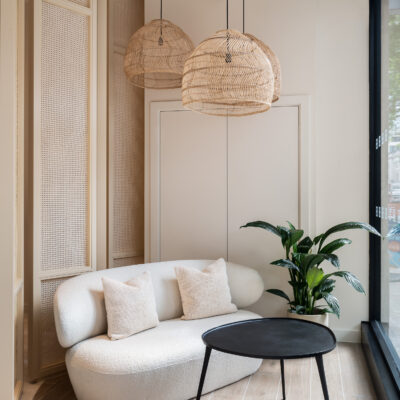
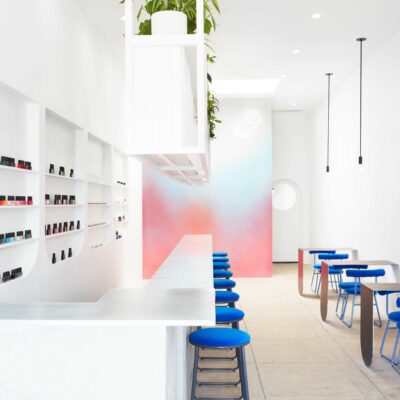
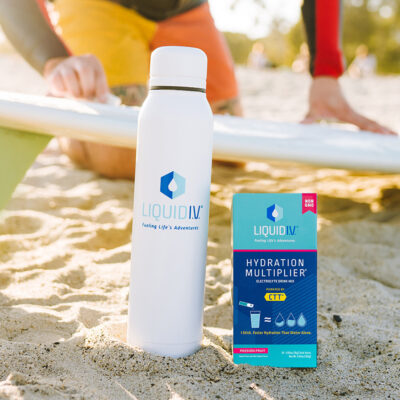

Leave a Reply
You must be logged in to post a comment.